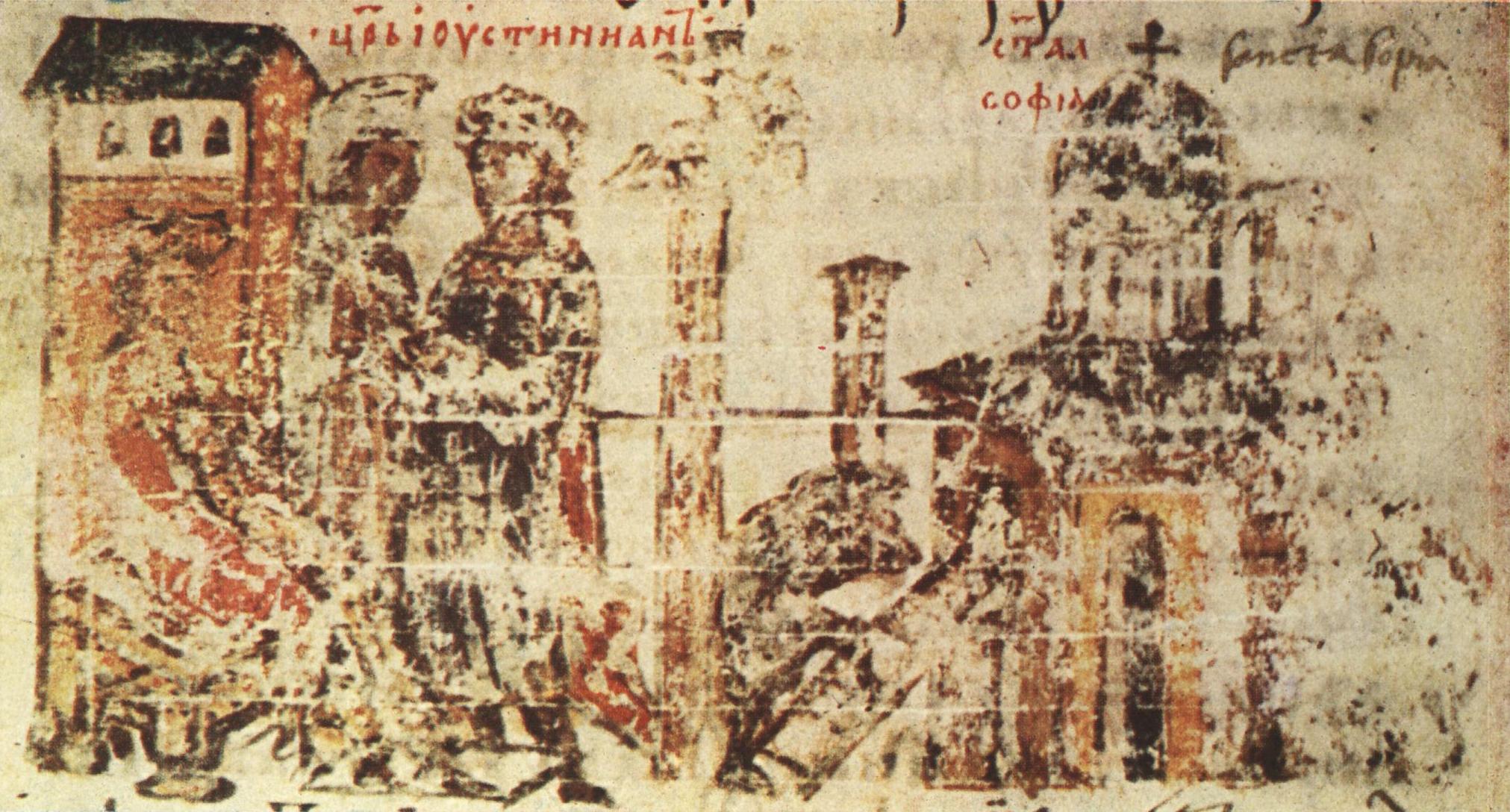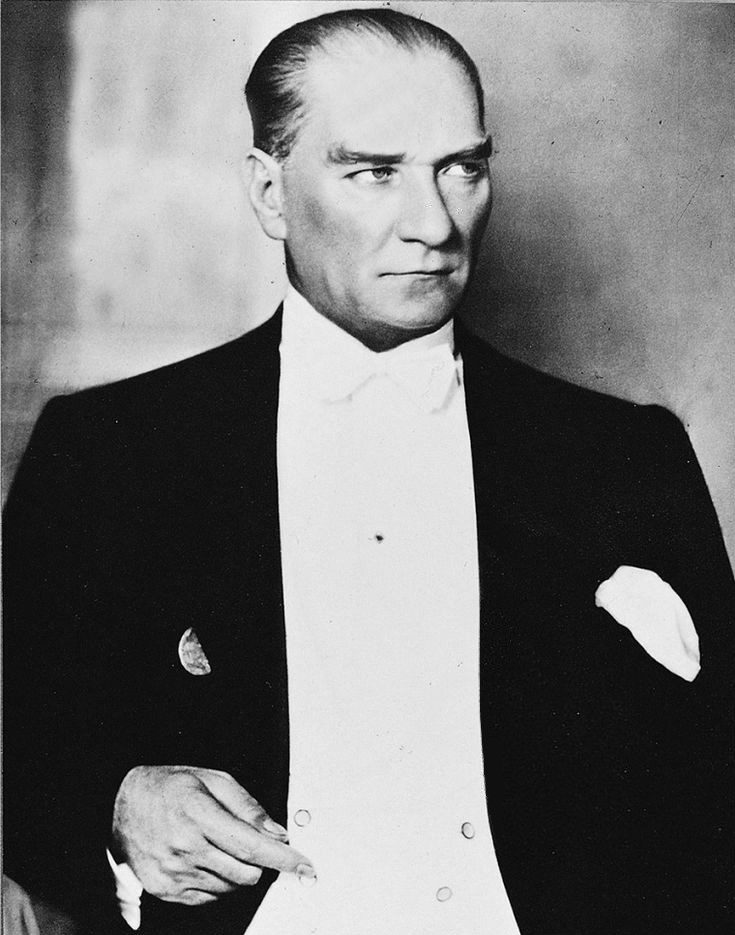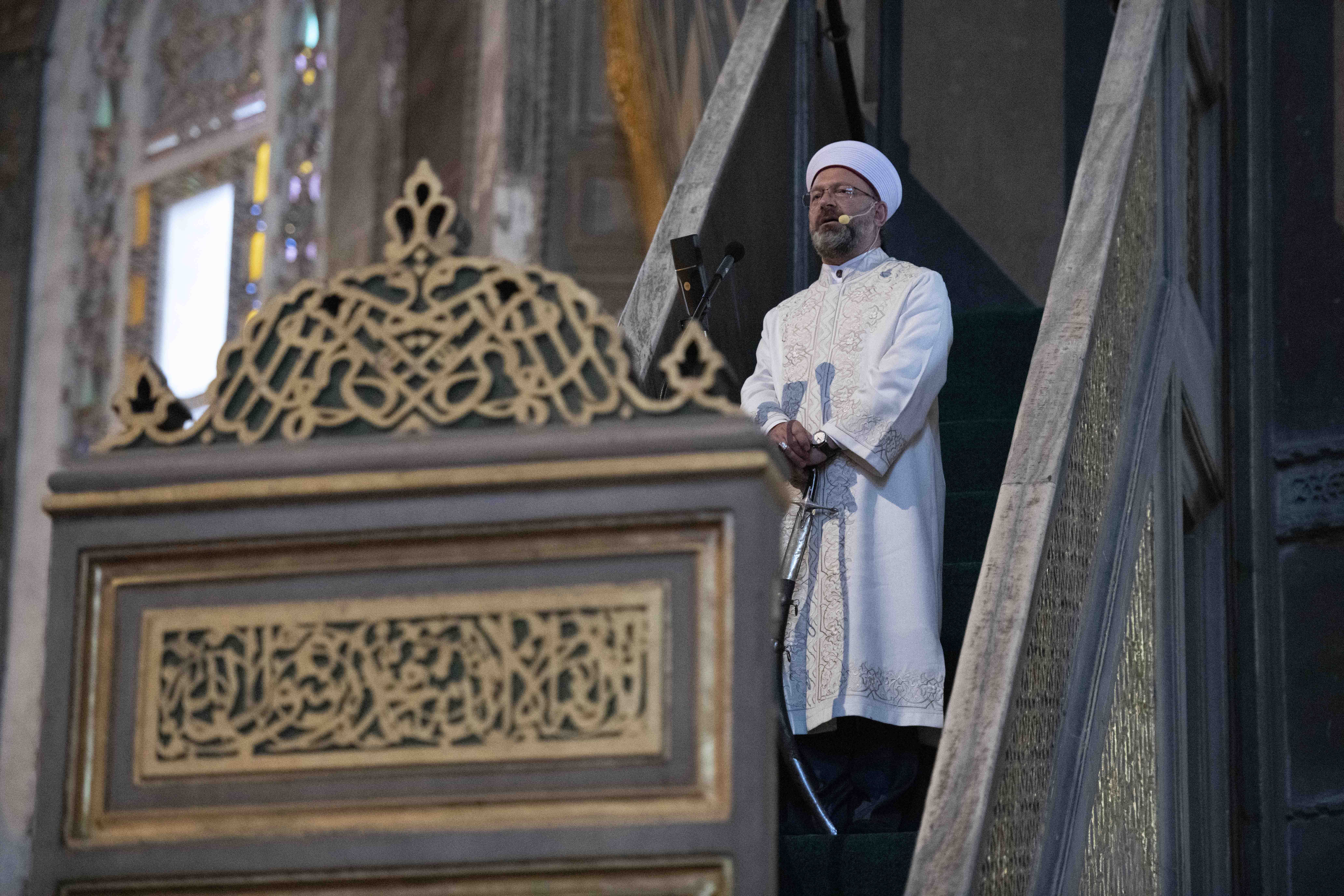The Greek Orthodox Church and much of the international community disapproves of the change but Ankara maintains that it reflects the ‘will and desire’ of the Turkish people
The Hagia Sophia, an architectural masterpiece in Turkey, has been both a church and a mosque over the centuries, but since 1935 it served a strictly secular use as a museum. However, on July 10, Turkey’s top administrative court annulled the cabinet’s 1934 decision to establish the museum, and President Recep Tayyip Erdoğan announced the building’s reversion back into a mosque, with the first Muslim prayers in the structure held on July 24.
The decision sparked international controversy as the structure has been a UNESCO Heritage Site since 1985, and although the landmark in located in Istanbul, the largest city in the primarily Muslim country of Turkey, it is one of the premier structures of Orthodox Christianity.
The site has a storied and complex past. First constructed in the Byzantine period, it served primarily as an Orthodox Christian basilica for nearly a millennium, from when the first Orthodox prayers were held there in 537 CE to its capture by Ottoman forces in 1453.

Construction of church depicted in the 14th-century codex Manasses Chronicle. Scanned from book “Miniatures from the Manasses Chronicle,” Ivan Duichev, Bulgarski hudojnik publishing house, Sofia, 1962. (Wikimedia Commons)
The Hagia Sophia was thus converted into a mosque upon its conquest in 1453, a status that lasted for hundreds of years until the collapse of the Ottoman Empire and the establishment of the modern Turkish state. Turkey’s first president, Mustafa Kemal Atatürk, a secular modernist, closed the mosque in 1931 and opened a museum in its place in 1935, a move he championed as representative of his wishes to break Turkey of its overtly Muslim and Ottoman roots.

A portrait of Atatürk from the 1930s, (Unknown author/Wikimedia Commons)
Erdoğan has championed the July 10 decision as a fulfillment of the desires of both the Turkish people and the historical conquerors of Istanbul, declaring that “with this court ruling, and with the measures we took in line with the decision, Hagia Sophia became a mosque again, after 86 years, in the way fatih [Sultan Mehmed II], the conqueror of Istanbul, had wanted it to be.”
The move appears in line with Erdoğan’s brand of political leadership, a political agenda numerous political analysts have come to call “Erdoğanism.” Under his rule of Turkey since 2003, there has been a shift away from “Kemalism,” Atatürk’s secular modernization.
Instead, Erdoğan and his Justice and Development Party (AKP) represent a form of Turkish nationalism based upon conservative and traditional Islamic values. Erdoğan’s policies have often led Turkey to find itself at odds with the Western world and domestic opponents, over both domestic issues (accusations of authoritarianism, pandering to Islamists, and the dismantling of Turkish democracy) and foreign issues (including handling of the Syrian refugee crisis, the status of Cyprus’ sovereignty, and military deals between Turkey and Russia).
Global reactions to Turkey’s conversion of the Hagia Sophia have been largely negative, including that of US State Department spokesperson Morgan Ortagus, who on July 10 stated: “We are disappointed by the decision of the government of Turkey to change the status of the Hagia Sophia. This building is an important part of the ‘Historic Sites of Istanbul’ UNESCO World Heritage Site, in recognition of its rich multicultural history. We understand the Turkish government remains committed to maintaining access to the Hagia Sophia for all visitors and look forward to hearing its plans for continued stewardship of the Hagia Sophia to ensure it remains accessible without impediment for all.”
International and regional bodies, prominent faith leaders and other sovereign states have all warned of the repercussions of the recent decision, including UNESCO, the EU and Pope Francis of the Roman Catholic Church. The Greek government has been particularly critical of the move, with Prime Minister Kyriakos Mitsotakis calling it “an affront to civilization of the 21st century.” The Orthodox Ecumenical Patriarch (head of the Eastern Orthodox Church) Bartholomew I warned on July 9 that Hagia Sophia “belongs not only to those who own it at the moment but to all humanity.”
An In-Depth Look Critical of the Move
Endy Zemenides offered his reaction to the move as the executive director of the Hellenic American Leadership Council (HALC), an organization dedicated to cultivating Greek American community leaders in the United States.
Reflecting first on the logistics of the conversion, Zemenides heavily doubts Turkish claims of being able to maintain access to long-standing Christian mosaics in the now ex-museum. He is skeptical of Turkish plans to cover these mosaics with curtains during Muslim prayer, and over Turkish plans to install rods and carpet in the historic structure.
Even if the mosaics are covered only during designated Islamic prayer time, Zemenides says that such a move “robs the Hagia Sophia of its status as a symbol of unity and shared human experience.” Pointing to the fact that this conversion was carried out hurriedly, within a span of 14 days, and that it took place without consultation with UNESCO, Zemenides worries that the process was conducted with “no commitment to truly preserving Christian heritage,” and “with open disregard for the feelings and opinions of religious minorities in Turkey.”
Zemenides further maintains that anti-Christian rhetoric revolving around the mosaics is troubling. He specifically points to the controversial tweets by Turkish professor of history at Sakarya University Ebubekir Sofuoğlu, who called for the removal of the mosaic of Byzantine Christian Empress Zoe, an 11th-century imperial figure central to Byzantine history and the Orthodox faith in Istanbul. Sofuoğlu found rumors of alleged promiscuity in Zoe’s personal life as unbecoming for a female figure whose image is to be found in a mosque.
Politically, Zemenides rejects the notion that the dispute over the Hagia Sophia is strictly an isolated geopolitical issue concerning Greece and Turkey, or even simply the Western world and Turkey. Rather, Zemenides sees this dispute as being about the lack of religious pluralism in Turkey today. He sees Turkish actions regarding the Hagia Sophia as directly reflective of this troubling trend, emphasized by the symbolism of the head of Turkey’s Religious Affairs Directorate, Ali Erbaş, holding up a sword during the opening sermon given in the mosque on July 24.

Ali Erbaş, the head of Turkey’s Religious Affairs Directorate, is seen at the minbar with sword, delivering the sermon during the Friday Prayer, which is performed for the first time after 86 years at Hagia Sophia Mosque, July 24, 2020, Istanbul, Turkey. (Directorate of Communications/Anadolu Agency via Getty Images)
With Erbaş stating that “Sultan Mehmed the Conqueror [Mehmed II] dedicated this magnificent construction to believers to remain a mosque until the Day of Resurrection,” Zemenides sees Turkey as “pushing the envelope” when it comes to relations with its religious minorities. He sees this sermon as a direct signal to Turkey’s religious minorities (Greeks, Armenians, Jews, Syriacs) that “they are conquered minorities living under the sword” of the modern Turkish state, a nation that is becoming ever more aggressive and alienating toward these minorities.
Besides the symbolism he finds in the “right of the sword” being used in Turkey’s branding of its Hagia Sophia move, Zemenides points toward Turkey’s troublesome record with religious minorities, both before and during Erdoğan’s administration. Citing the 2020 United States Commission on International Religious Freedom (USCIRF) report on Turkey, which describes “the perpetuation of restrictive and intrusive governmental policies on religious practice and a marked increase in incidents of vandalism and societal violence against religious minorities,” Zemenides asserts that the conversion of the Hagia Sophia is “part of a broader situation for religious minorities in Turkey that is constantly deteriorating.”
Zemenides cites the decision two years ago to convert another Istanbul museum and former church, Chora, into a mosque as having foreshadowed the Hagia Sophia move. Recalling the closure of the last Orthodox Christian seminary in Turkey, Halki, in 1971, alongside the decline in the population of Turkish religious minorities in the past decades, he blames the international community for “giving Turkey a free pass for far too long, and for letting them get way with zero accountability.”
A Response from Turkish Officials
Meanwhile, the Turkish Consulate General in Chicago rejects many of the allegations put forth by groups like the HALC.
Consul General Ayşe Selcan Şanlı, who is in charge of the Turkish diplomatic mission in Chicago, rejects the idea that the decision to change Hagia Sophia’s status was by any means a calculated political move, an accusation made by critics who accuse Erdoğan of converting the structure to garner support after the failed coup d’état attempt against him in 2016 and the losses his AKP experienced in municipal elections in 2019.
Rather, the mission says the Hagia Sophia’s conversion from a museum to a mosque was “not a decision by President Erdoğan but rather a decision made by the courts.” It reiterates that Turkey’s highest administrative court, the Council of State, was the governmental body that reversed the 1935 conversion of the Hagia Sophia into a museum, and despite being a move encouraged by Erdoğan, it was not strictly pushed through solely on his accord. Similarly, the Turkish Consulate General points to the lack of widespread vocal opposition to the move by the Republican People’s Party (CHP), Turkey’s main opposition party, as emblematic of national unity in the decision to convert the Hagia Sophia back into a mosque.
The diplomatic mission also alleges that the decision was “not something new. While perhaps this [decision] was new for people outside of Turkey, they don’t know what the Turkish people want, but this is the will and desire of our people. This decision was the decision on the basis of the desire of our people. That is the benefit of this decision and we do not see the harm of it to anyone.”
The Consulate General furthermore denies this decision was antithetical to the secular and modernizing reforms characteristic of Kemalism, the political ideology that led to Atatürk’s 1931 decision regarding the Hagia Sophia. The Consulate General does not blame Atatürk for his decision, however, claiming that in 1931 the choice may have been correct given the political and historical context of the era, whereas now, the Turkish people have different needs than those in 1931.
In response to questions regarding the widespread international criticism of the move, the Consulate General maintains that “the Turkish government is well aware of its [the Hagia Sophia’s] outstanding cultural, historical and spiritual value. But eventually, it is our cultural heritage site and it is in Istanbul, and it is to be seen as a domestic issue that is a matter of sovereignty.”
The Consulate General also reiterated that the site will not be exclusive to Muslims. Outside of designated prayer times, it “should be open to everyone and all,” and it was indeed “a fine decision to let anyone (Muslim or non-Muslim) outside of prayer time to visit, as it is a cultural heritage site.” The mission also made clear it believes that this decision could perhaps benefit the religious minorities of Turkey, as the site will no longer be a museum that charges fees for entry, but will rather be free of charge for all visitors.
In regards to further questions regarding religious minorities in Turkey, the Consulate General maintains this decision should not be seen as offensive to such groups when one recalls that from 1453 until 1931 the structure was indeed a mosque. The delegation also emphasizes that this decision was not taken to spite the religious minorities, but rather to please the apparent collective will of much of the population of Turkey, a nation where 99.8% of people are Muslim. Furthermore, the Consulate General denies claims of hostility toward minority religions and asserts that under the 1923 Treaty of Lausanne, Turkey has treated its religious minorities fairly and with respect, allowing them to have both places of worship and the freedom to pray (a claim USCIRF rejects).
A Look Forward
With the EU foreign policy chief, Josep Borrell, calling the Hagia Sophia decision “regrettable,” Turkey’s chances of joining the EU, something Ankara has been pursuing for years, seem to have suffered a blow.
In addition to European and international opposition to the move, domestic opponents and political pundits have declared the decision a political stunt meant to garner popular support for Erdoğan’s government among its nationalist and Islamist base, especially after the failed 2016 coup d’état, recent electoral defeats in local elections, and an economic downturn due to the global COVID-19 pandemic.
While the Turkish government maintains the Hagia Sophia move to be a matter of Turkish sovereignty and fulfilling the wishes of the national psyche, the conversion of the building has continued to be criticized worldwide, with Greek Culture Minister Lina Mendoni on July 10 labeling it “an open provocation to the civilized world which recognizes the unique value and ecumenical nature of the monument.”
Philip Rapaport is a student in The Media Line’s Press and Policy Student Program.